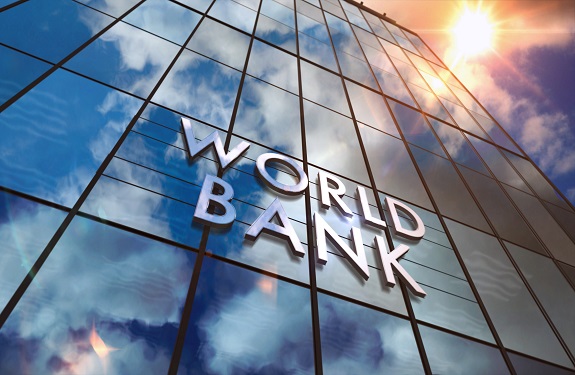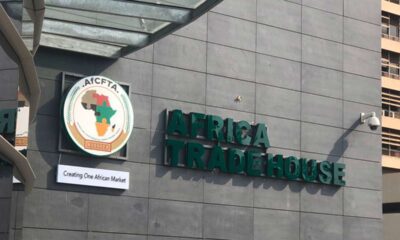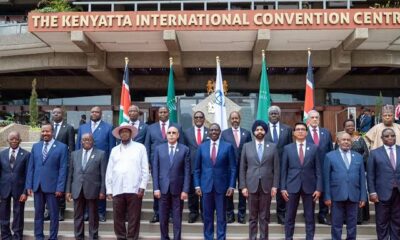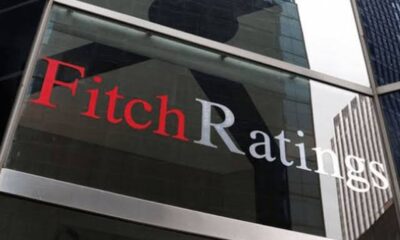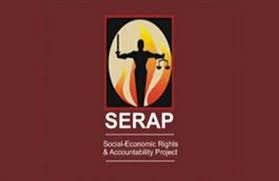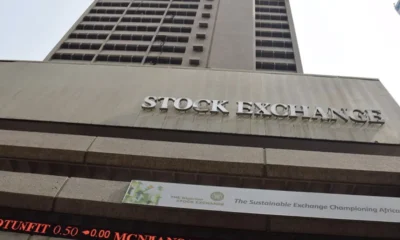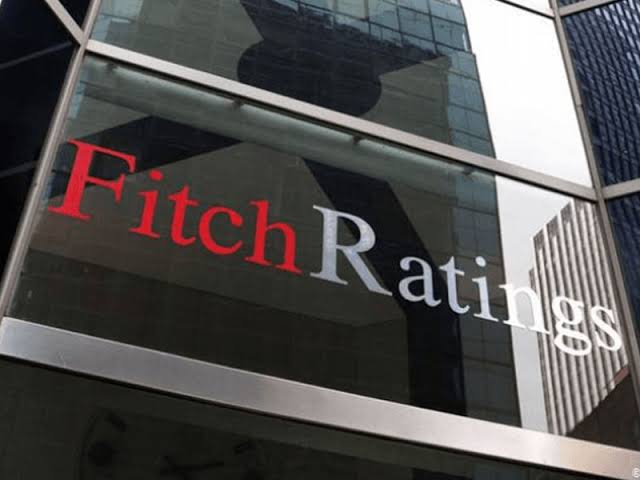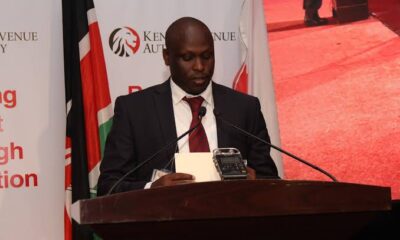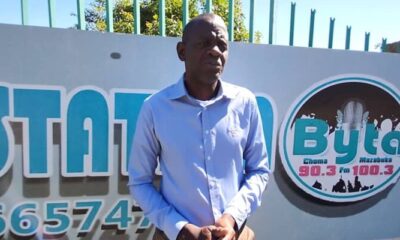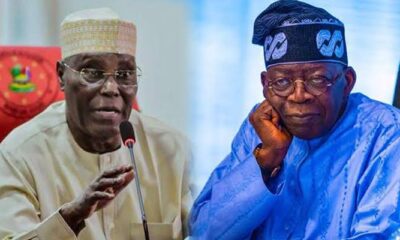The World Bank granted the Nigerian Ministry of Finance, Budget, and National Planning’s Home Finance Department $5.6 million to purchase 21 items, including vehicles, furniture, solar inverters, office equipment, and stationery.
The approvals were granted under the 2018-launched State Fiscal Transparency, Accountability and Sustainability project. The goal of the SFTAS project, which ran until 2022, was to improve accountability and transparency at the subnational level. However, a document received from the bank states that the projects are still being implemented.
The World Bank’s Procurement Guidelines, which outline the procedures to be followed for obtaining the materials and labour (including related services) needed for a project, are followed by the procurement plan.
As per the World Bank’s procurement plan for the SFTAS project, the Home Finance Department was awarded $25,713 to purchase office supplies and stationery. In addition, it received an additional $39,357 for supplies and office equipment for the SFTAS Programme Coordinating Unit, which was above the $33,000 that was originally requested.
The department was given $64,190 for the furniture items, which included $14,842 for additional office furniture and partitioning of the STFAS office, $19,368 (instead of $17,250) for additional office equipment and furniture for the Debt Management Office, and $64,190 for furnishing and equipping the SFTAS Public Service Institute space.
Additionally, $24,038 was given to the department for the purchase of MiFi modems for the DMO and video conferencing equipment for the SFTAS PCU. The largest approval, however, went to the $4.78 million implementation of giving states access to spatial data.
In addition, $409,638 was received for the purchase of project cars for the independent verification agent and PCU. Additionally, the SFTAS Programme Coordinating Unit received an inverter power backup system from the ministry.
Of the twenty-one items put forth, two were cancelled, four were successfully finished, and one was in the process of being implemented. Furthermore, as of the document’s release in December 2023, 11 projects had only been signed, and three were still awaiting implementation.
According to recent disclosures from the World Bank, Nigeria ranked first among recipients of new loans in 2022, receiving approximately $2.9 billion in funding.
The level of indebtedness in African countries is at its highest in more than a decade, largely due to the COVID-19 pandemic, Russia’s invasion of Ukraine, and skyrocketing inflation. The Nigerian government spent more on debt servicing and personnel costs in 2022 than it did on all other expenses combined, according to a June 2023 World Bank report.

